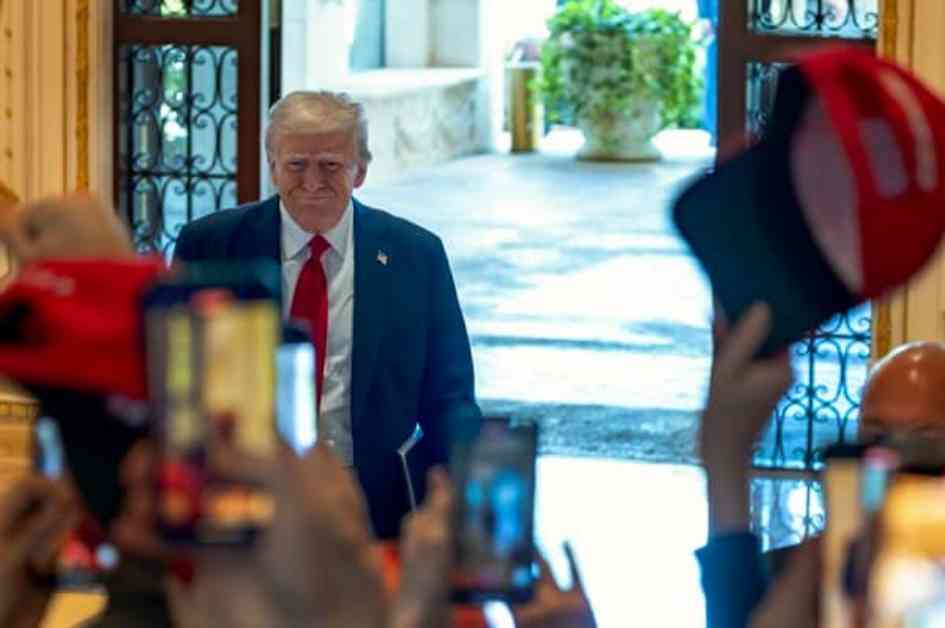According to recent reports, there is a possibility that British forces could be deployed to enforce a buffer zone along Ukraine’s 800-mile frontline as part of Donald Trump’s alleged peace plan for the conflict with Russia. It has been suggested that European troops would take on this role, with the US withdrawing all forces and equipment once the buffer zone is in place and the fighting has ceased.
Trump’s team has indicated that training and support may be provided, but the responsibility for maintaining peace in Ukraine would fall to European nations such as Poland, Germany, Britain, and France. This decision comes after a meeting between Trump and Ukrainian President Volodymyr Zelensky, where Trump expressed optimism about reaching a resolution before his term ends.
However, former Chancellor George Osborne has raised concerns about the feasibility of the UK supporting Ukraine without US backing. He emphasized the need for a realistic assessment of the situation and questioned whether Europe alone could sustain the level of support required. Similarly, Hungarian Prime Minister Viktor Orban has warned that without US involvement, Europe may struggle to finance the ongoing conflict in Ukraine.
Orban, who has advocated for peace talks between Kyiv and Moscow, has suggested that Europe needs to prioritize ceasefire agreements and negotiations to end the conflict. He has also criticized Western leaders for their handling of the situation, arguing that they are failing to acknowledge the true extent of the challenges faced in Ukraine.
Overall, the potential deployment of British forces to enforce a buffer zone in Ukraine reflects the complex geopolitical dynamics at play in the region. As discussions continue about the role of different nations in resolving the conflict, it is clear that a multilateral approach will be necessary to achieve a lasting peace in Ukraine.












